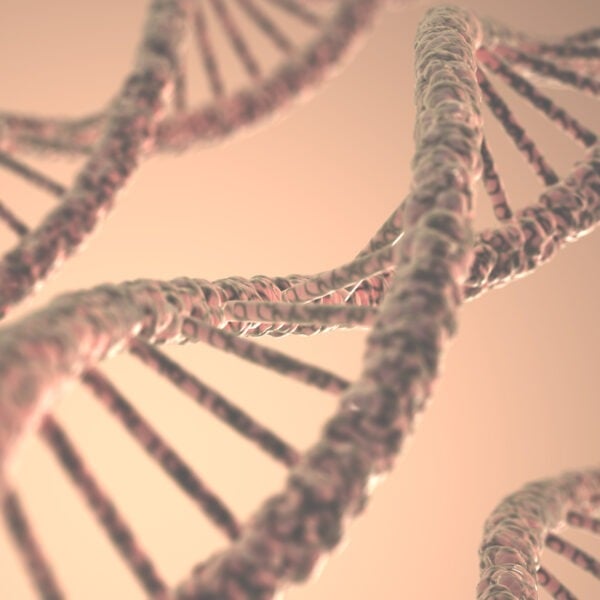Research Interests
The ultimate goal of our research is to understand how gene regulatory information is encoded in genomic DNA sequence and how genetic regulatory networks control cell fate decisions in development and disease. AI and machine learning have enabled rapid progress unravelling how DNA sequence features specify cell-type specific mammalian enhancer activity using kmer-based SVM and DNN algorithms.
Beer’s work uses functional genomics ATAC-seq, DNase-seq, ChIP-seq, RNA-seq, and chromatin state data to computationally identify combinations of transcription factor binding sites which operate to define the activity of cell-type specific enhancers and their activation of target genes. Current focus is on:
- improving AI/ML methods to build more accurate models of enhancer activity
- predicting the impact of mutations on enhancer activity and disease impact
-
using AI/ML models to build and test dynamic gene regulatory networks with targeted CRISPR perturbation
-
using large scale datasets (ENCODE/IGVF) and CRISPR to constrain models of enhancer-promoter interactions and DNA looping mechanisms
- using this sequence based regulatory code to understand mechanisms of gene regulatory network disruption in cancer and develop therapeutic strategies
Dr. Beer’s lab is located in the McKusick-Nathans Institute for Genetic Medicine, and the Department of Biomedical Engineering, which has long been a leader in the development of rigorous quantitative modeling of biological systems, and is a natural home for graduate studies in bioinformatics and computational biology at Johns Hopkins, including research in genomics, systems biology, machine learning, and dynamic gene regulatory network modeling.
Titles
- Professor, Biomedical Engineering
- Professor, Genetic Medicine
- Professor, Oncology
Affiliated Centers & Institutes
Education
- PhD, Princeton University, 1995
- MA, Princeton University, 1991
- BSE, University of Michigan, 1989
Recent Highlights
-
July 23, 2024Research projects from Sri Sarma and Michael Beer are featured in the Spring 2024 JHU Engineering's Magazine, in an article titled "Delivering on the Promise of Personalized Medicine."
-
February 1, 2017Michael Beer, an associate professor in the Department of Biomedical Engineering at Johns Hopkins University, has been awarded a $1.8 million grant from the National Institutes of Health as part of the Encyclopedia of DNA Elements Consortium.
-
June 15, 2015Up to one-fifth of human DNA act as dimmer switches for nearby genes, but scientists have long been unable to identify precisely which mutations in these genetic control regions really matter in causing common diseases.


